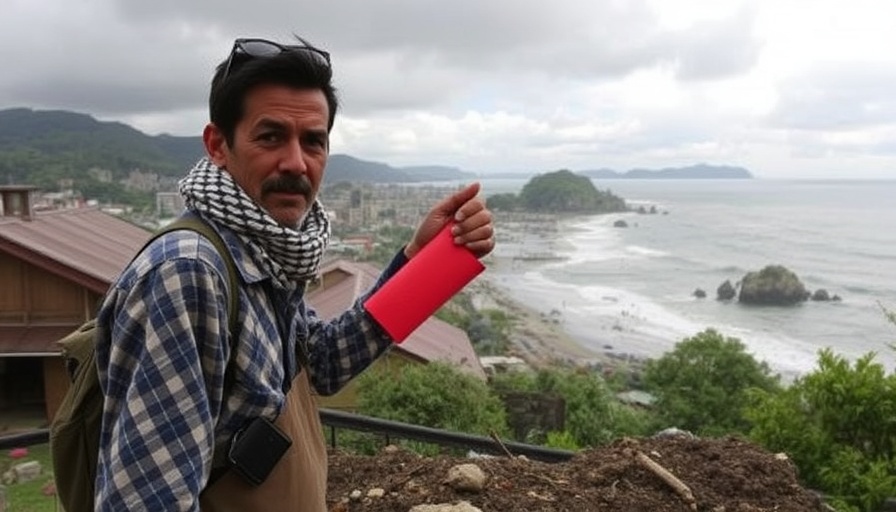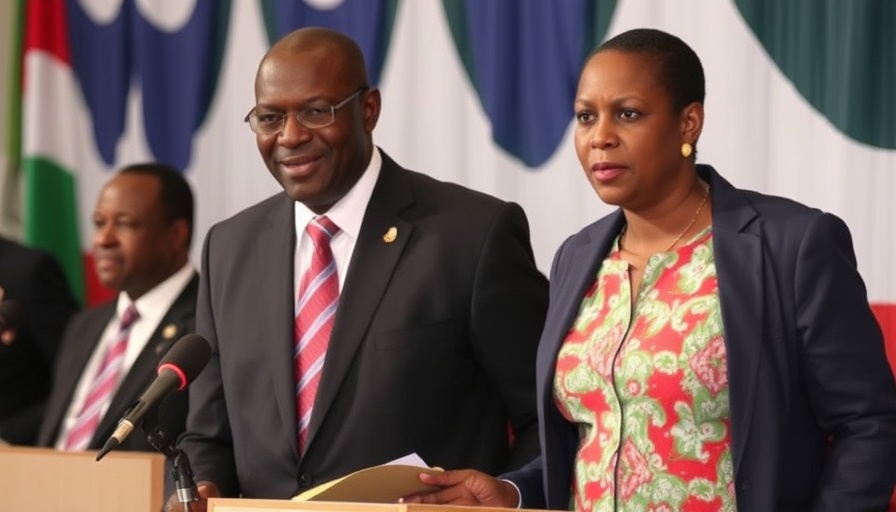
The Current Climate in Goma: A Fragile Equilibrium
In the outskirts of Goma, a city often marred by violence and chaos, a striking change seems to be emerging—a fragile calm. Following a series of negotiations and shifting power dynamics among various rebel factions, the streets have seen a tentative return to normalcy. However, behind this peaceful facade, the structures of governance remain precariously balanced, with local businesses operating under high uncertainty.
The Economic Landscape Shaped by Conflict
For business leaders and investors keen on Africa’s economic climate, Goma presents a curious case of ‘business unusual.’ Even amidst unrest, local enterprises have adapted to the volatile marketplace, utilizing innovative practices to sustain their operations. Markets are awash with goods once deemed too risky to trade, indicating a socio-economic shift spurred by necessity. Yet, the specter of violence can return at any moment, as the political environment remains unstable.
Foreign Relations and the Global Implications
Goma's situation mirrors larger geopolitical trends affecting Africa, where local turmoil reverberates on a global scale. Policymakers should note how the city’s stability—or lack thereof—can influence investment flows, particularly from China and Europe. As countries reassess their foreign relations with African nations, Goma acts as a critical litmus test.
Critical Insights for Future Engagement
Stakeholders engaged in African governance should closely monitor Goma’s evolving narrative. It serves as a crucial reminder of how localized conflict impacts broader economic arcs, particularly relating to BRICS involvement and European Union trade policies. As this dynamic continues to unfold amid uncertainties, the attention of economists and analysts remains vital in predicting implications for the region and beyond.
Call to Action
As the situation in Goma evolves, staying informed will be critical for those shaping policies and investment strategies in Africa. Engage with local insights to better understand the rippling effects of governance, trade practices, and economic resilience in regions like Goma.
 Add Row
Add Row  Add
Add 


Write A Comment